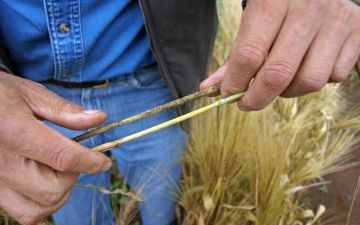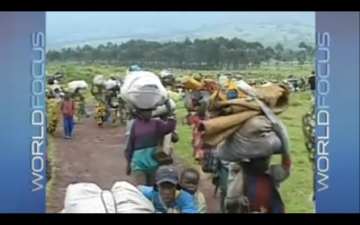Part 1- Iraq: Beyond the Wall
Muqtada al-Sadr and his armed group, the al-Mahdi army, have been America's most intractable opponents in Iraq, the only major Shia party to make the demand for US troops to withdraw.
For five years, they have controlled large sections of the country, they have also defied attempts to marginalise them politically, and have fought pitched battles with US Marines. Despite all this, al-Sadr's al-Mahdi army has only grown in size and influence.


